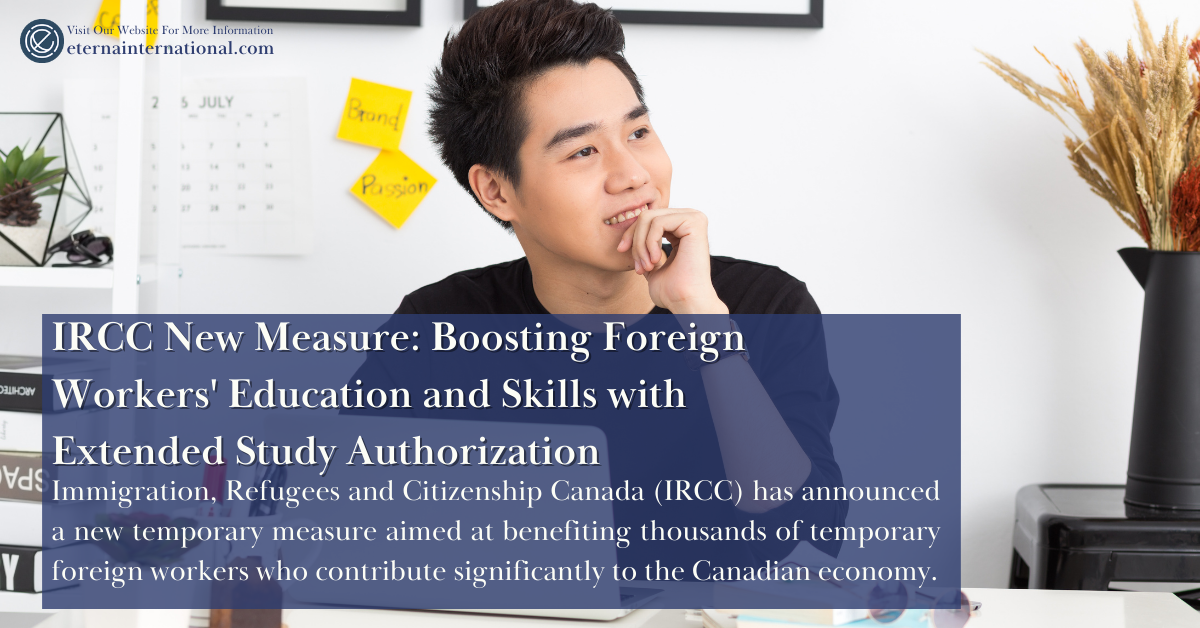Immigration, Refugees and Citizenship Canada (IRCC) has announced a new temporary measure aimed at benefiting thousands of temporary foreign workers who contribute significantly to the Canadian economy. This policy change, initiated by the Honourable Sean Fraser, Minister of Immigration, Refugees and Citizenship, removes the limit on the length of study programs that temporary foreign workers can enroll in without a study permit, thus empowering them to advance their education and career prospects.

A Barrier Removed for Foreign Workers
The new 3-year temporary measure eliminates this barrier, enabling foreign workers to study full-time or part-time in any program regardless of its length, as long as their work permits are valid or until the policy expires. Previously, foreign workers were allowed to study while working in Canada, but they could only enroll in programs of six months or less without a separate study permit. Longer programs required a study permit, which posed an obstacle for those seeking to enhance their skills or validate their foreign credentials.

By offering greater educational opportunities to temporary foreign workers, Canada stands to benefit in several ways:
Future Job Prospects and Transition to Permanent Residence
This initiative is designed to help temporary foreign workers expand their job prospects and increase their opportunities to transition to permanent residence in Canada. By allowing them to pursue additional training and education, foreign workers can develop valuable skills that will benefit both their careers and the Canadian labor market. This policy change also addresses the critical labor shortages in various sectors, such as healthcare and construction.
Higher CRS Scores and Improved Language Proficiency
The temporary public policy could potentially help more foreign nationals increase their likelihood of receiving an invitation to apply for permanent residence through Express Entry. By pursuing further studies, candidates may be able to increase their Comprehensive Ranking System (CRS) score by achieving a higher level of education, gaining qualifying work experience during part-time studies, or improving their French or English proficiency. Moreover, the enhanced skills acquired through studies may contribute to obtaining higher-skilled employment, further increasing their CRS points.
Economic Growth and Global Competitiveness
As foreign workers gain access to more educational opportunities, they can develop advanced skills that are in demand in the Canadian economy. This can lead to higher productivity and increased innovation, driving economic growth and helping Canada maintain its global competitiveness. In addition, having a highly skilled workforce can attract foreign investment, creating more job opportunities and further boosting the country’s economic prospects.

The new temporary measure introduced by the Canadian government has the potential to significantly benefit temporary foreign workers by providing them with the opportunity to advance their education and skills. This policy change will enhance their career prospects, address labor shortages in key sectors, and contribute to Canada’s economic growth. As a result, it is a welcome development for all parties involved.



